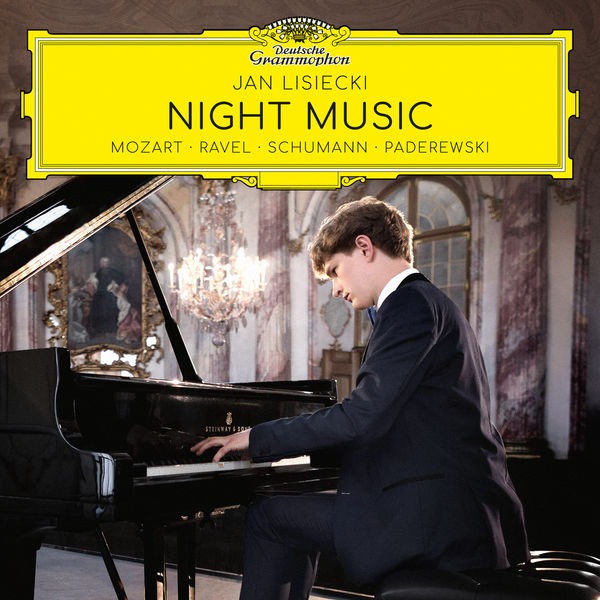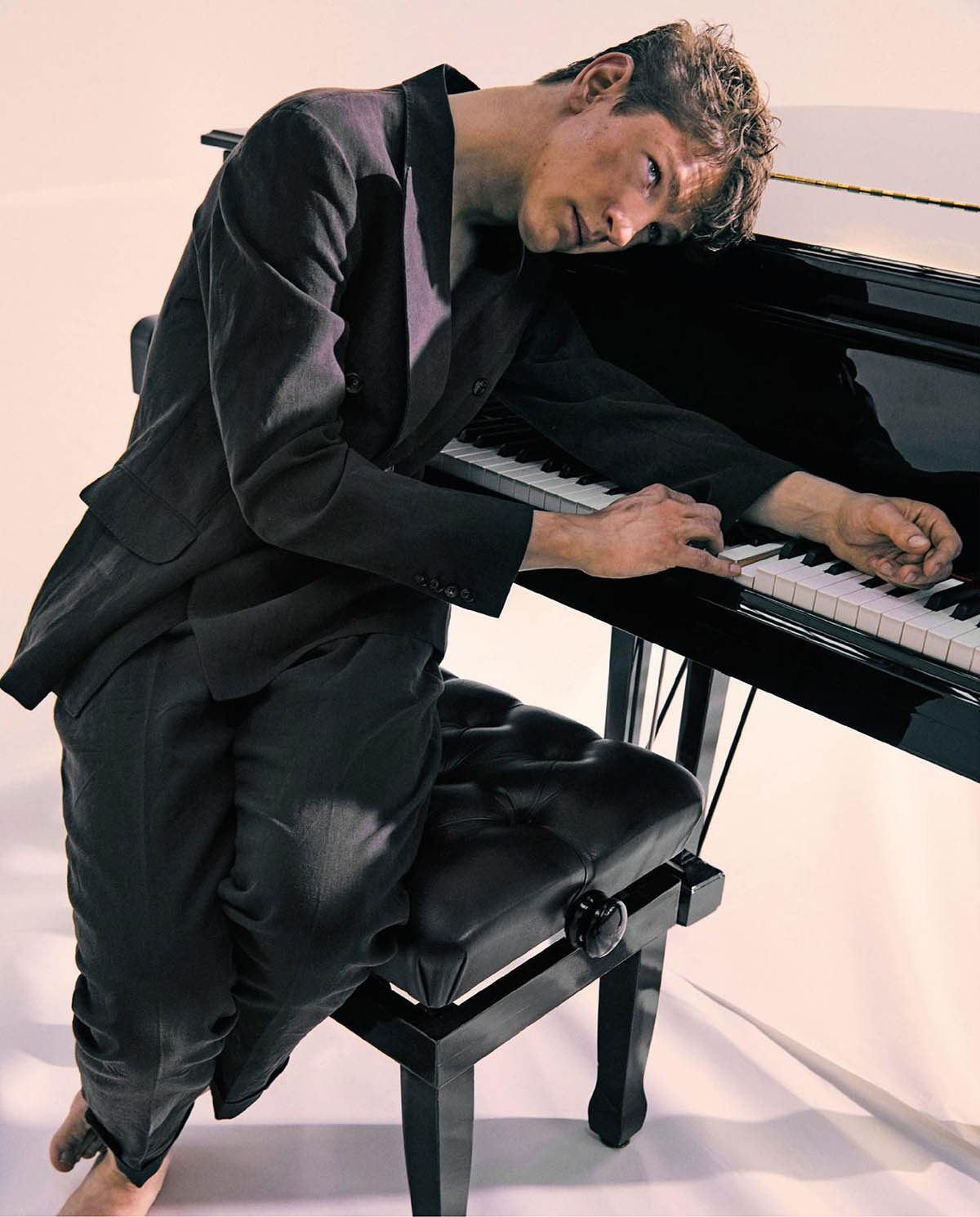The MCR Interview
Interview with Pianist Jan Lisiecki
On January 6-8 the Nashville Symphony will present a concert at the Schermerhorn Symphony Center that features Canadian pianist Jan Lisiecki, “one of the most astounding, in-demand young pianists in the world today,” performing Frédréich Chopin’s First Piano Concerto (Op. 11) and Sergei Rachmoninoff’s Symphonic Dances (Op. 45). On behalf of the Music City Review, contributor Daniel Krenz took the opportunity to ask him about a few questions about the pieces and his preparation for the performance. The following is a transcript of that conversation*:
Daniel Krenz (MCR): Good afternoon, it’s a pleasure to speak with you!
Jan Lisiecki (JL): Good afternoon, it is nice to talk to you today.
DK: Have you been to Nashville before?
JL: No, I have never been to Nashville, and this is my first time going to Tennessee. I am really looking forward to it. I have played with Giancarlo previously at his other orchestra in Wrocławska, Poland in March 2021 during the pandemic.
DK: Your first album was a recording of both of the Chopin piano concertos. The audiences in Nashville this weekend are going to be able to hear you in his First Piano Concerto. His work must mean a lot to you, what was your first experience with Chopin?
JL: As a performer you always find certain music speaks to you. In particular my personal favorite is classical music. If you look within classical music there are certain composers which have a particular importance with which I have an affinity, a rapport. Chopin is certainly one of those. When I sit down at one of his compositions, I feel as if I understand the language. I know what I would like to say and I know what he is saying to me through the music. That, I think, has existed since very early in my playing of the piano and it certainly continues until today. Of course, the way I play Chopin’s first piano concerto has changed drastically from when I recorded it when I was fourteen years old. Fourteen years ago was half a life time away! It is something that has been with me. I have played around the world in countless countries on many continents and I have grown in my understanding of the piece. Every performance shapes what I do with it. I love it. I am really looking forward to bringing it and sharing it with the audience in Nashville.

DK: As a touring soloist you are playing and preparing these pieces constantly. Is there anything you do in particular to help keep these pieces fresh?
JL: Certainly, there are some days you have to consciously sit down with the score in front of you and look it over again. And of course, you play all of this music from memory. But it is not only from memory, but it is internalized. When you internalize something, perhaps one would say, too much, you get to the point of playing your own version of it as opposed to what the composer actually wrote in the score. The only way to get back to basics, to the foundations, is to look at the score once again. So, you do that once and a while. Otherwise, the actual innate freshness comes from your own experiences. I will have a different experience each time I play the piece. The last time I played this piece was in Iceland in Reykjavík in November. Certainly playing it in Nashville now, with a very different orchestra, in a very different environment, different country, different climate, a different mood in the new year… You have different inspirations and you adjust to that. On stage you are creating. The biggest gift as an interpreter, as a performer, is that every day will be different. And of course you go based off of the energy on the stage with you and those that are in the audience. That interaction is very important.

DK: Chopin wrote very little works outside of just solo piano and the Piano Concertos are some of his best-known pieces with orchestra. They have been accused of having a weak instrumentation. As you mentioned, from time to time you will sit down with the score again to get back to the basics. What are your thoughts about how Chopin handles the interactions between the solo piano and the orchestra?
JL: The way I look at these concertos is as piano sonatas with orchestral accompaniment. That orchestral accompaniment is quintessential because Chopin had a very vivid imagination on how the orchestra should sound. Was it entirely accurate? Was he the most talented at brining that philosophy from the page to the concert hall? Perhaps not. But he was able to add more colors and emotions into the music by using the instruments in the orchestra. Of course, a piano has a particular sound, one that I like, but the way Chopin uses for instance the Bassoon and the French Horn to play solos is wonderful! It is unique. One has to be simply conscious of the fact that a solo Bassoon or solo Horn can not compete with a modern instrument and a modern string section which has a very big sound. But that is their responsibility on stage. One could say it isn’t as natural an orchestration as one of the greats of symphonic writing, but it certainly has a place. Working with an orchestra in all of my experiences with this piece, it is still a pleasure. And I think the musicians also find it a pleasure when they have a soloist that pays attention to what they are doing.
DK: Is there a particular moment or movement in the piece that is a particular favorite of yours? A moment that you would like to point out for the audience to pay particular attention to?
JL: Let me think, because there are quite a few! I would suggest for instance in the 3rd movement at the very beginning there is a drastic change from the serene and lush sound that we just heard in the 2nd movement. It is attacca, which means it is played without a break. After that introduction, we have a moment where the whole cello section is playing pizzicato. Listen to the way they lead from the dramatic entrance into the dance of the 3rd movement. It is called Krakowiak, a Polish dance. They have a little bit of a ritardando and I think that is a really fun moment to listen to. And it only happens once in the whole piece. If you miss it you won’t be able to hear it again!
DK: Thank you for time and I am looking forward to the concert.
JL: My pleasure, thank you!
The Nashville Symphony plays Chopin’s First Piano Concerto, with Jan Lisiecki, and Rachmaninoff’s Symphonic Dances this weekend January 6th, 7th, and 8th.
*This conversation has been slightly edited for clarity.



